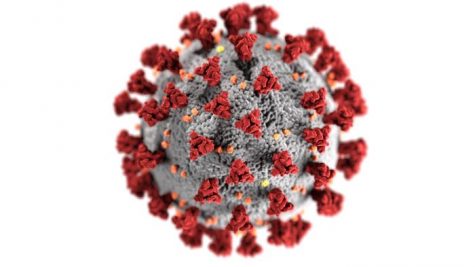Shaming Won’t Stop the Spread of Coronavirus–Leadership Could
July 14, 2020

As coronavirus cases surge in the U.S., the blame for the hastening spread of the virus is shifting to young people. This can be attributed to several causes, like the fact that they make up a significant number of essential workers, or frustratingly, being the most common to ignore social distancing guidelines to head out to various social, and largely unmasked, gatherings, from parties to beaches to bars.
It has been made clear since the beginning of the pandemic that older people are more susceptible to the coronavirus, but with this, health officials have also stressed the fact that young people are not ‘invincible’ — simply being less concerned about the virus due to their age, a feeling some of us may know, whether it is acted upon or not.
This mentality makes many more willing to be less diligent about practicing social distancing when possible, even if they are actively endangering older or more vulnerable family members. However, ‘invincibility’ is just one example in the wide range of emotions driving young people to resist lockdowns.
As one NPR story points out, staying home for months at a time can pose a risk developmentally for young people. Gregory Lewis, who examines the neurobiology of social connection at Indiana University said to NPR, “Young brains need social connection to feel secure about their identity and place in the world.” This remains true, even during a global pandemic.
Due to poor governmental leadership on both a state and federal level, the burden falls to young people, to try our best to be vigilant about staying home, wearing masks, and social distancing, while also trying to prioritize mental and social health.
When also taking into account potentially disruptive home lives or other mental detriments caused by lack of interaction, it needs to become a priority of families, communities, and governments alike to make moves to quell the soaring cases among young people while also not simply scolding them. Tackling both issues at once is hard, but not unreasonable.










